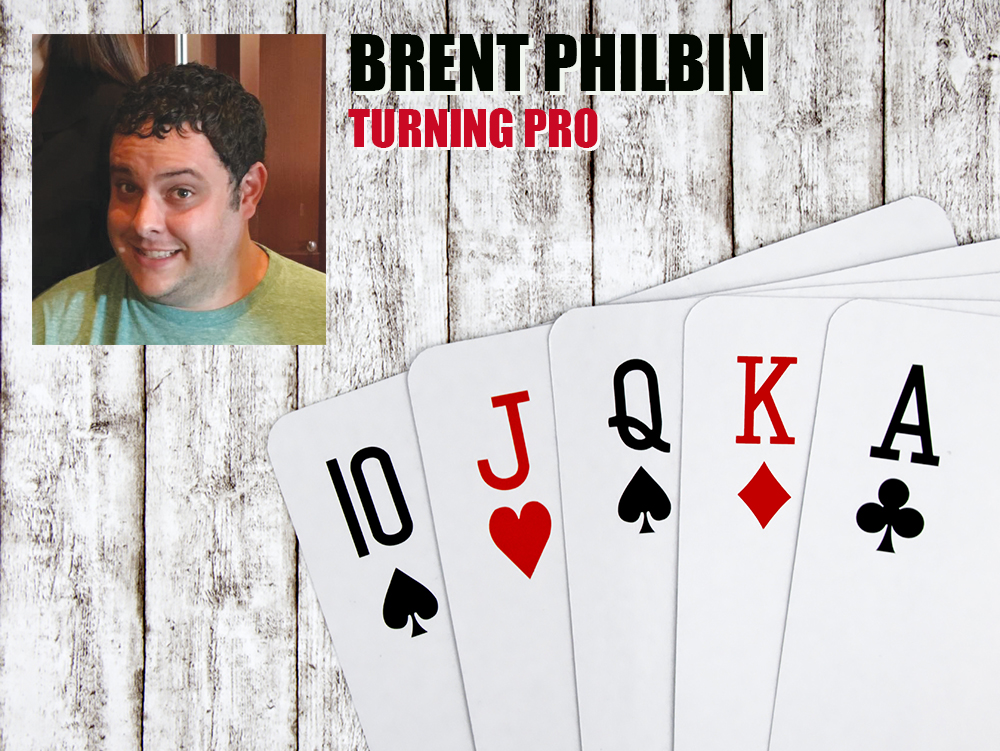The most difficult part about being a pro poker player is keeping yourself emotionally detached from your results and the interactions you have with others at the table.
There are losing and break-even players who could become pros overnight if there were an easy way to fix this.
Unfortunately, there’s no magic pill to shut off your emotions; it takes dedication and maybe some trickery. Here are some traps that come up from time to time that elicit an emotional response.
ALTERING YOUR SCHEDULE BECAUSE OF RESULTS: This trap is vicious and it’s responsible for the disappearing social lives of players of all ages. It’s extremely important to have a life outside of the poker room.
When you’re winning, you’re more likely to want to play more hours, possibly avoiding social interactions or other responsibilities.
When you’re losing, you’ll want to avoid doing anything because you’re depressed from losing. Leave work at the office and never let the felt interfere with personal life.
All of that being said, it can be helpful to take unscheduled time off from poker after prolonged losing.
TARGETING A SPECIFIC PLAYER FOR THE WRONG REASONS: You should absolutely be targeting a fish when he’s at the table spewing chips.
You don’t need to target a competent player because you don’t like that they’re wearing a hoodie and sunglasses.
Don’t target a player because they made a loose call and got there. Any time you single out a player at the game for anything other than being a poor player, you’ll put yourself in a bad position.
Play great poker and just ignore the player who collects all of the small chips in the tournament and refuses to put them in the pot or make change.
GETTING EVEN: There’s no such thing as getting even for a session. Just stop thinking that right now and never think it again. After every hand you play, you’re even with the bankroll you have.
Playing stuck can lead to, aside from strictly bad play, taking a high variance line even when you aren’t conscious about doing it. Now, all of a sudden you’ve compounded the problem. You have solid records from 100s of hours saying you’re a winning player, so sometimes you’re going to be stuck. Ignore it.
Getting control of emotions is probably the most important thing a pro needs to learn early on in his or her career.
— Brent Philbin is a poker pro who lives in South Florida. You can reach him at Brent.Philbin@gmail.com.



